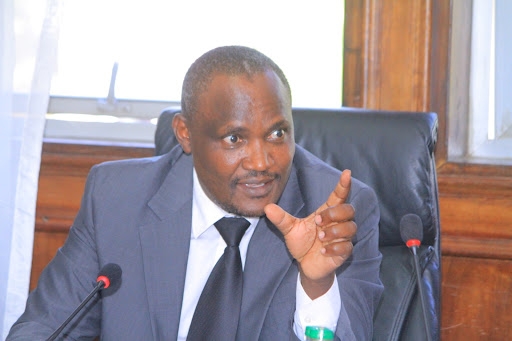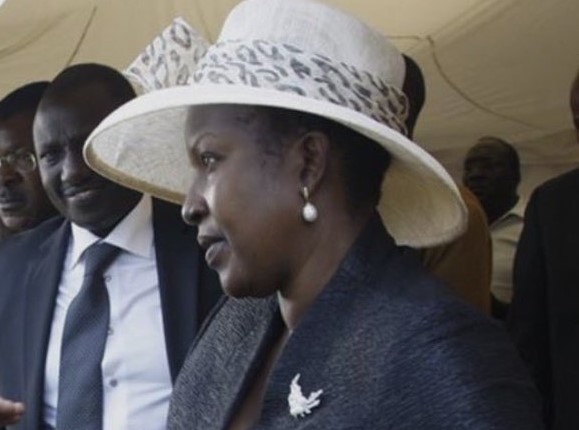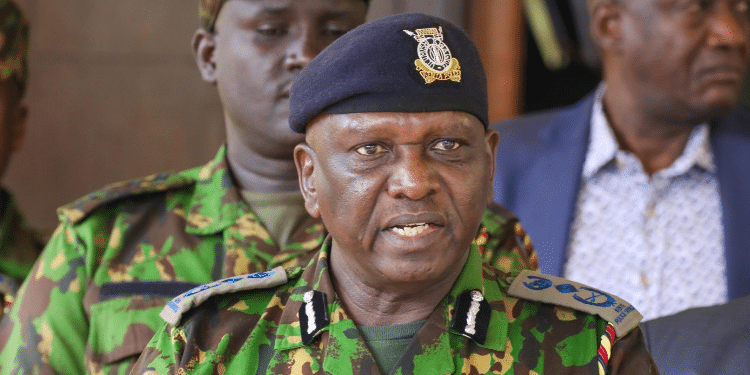Surgery was once famously described as the neglected stepchild of global health. Adequate provision of surgical care remains crucial to the goal of achieving Universal Health Coverage. Yet, in many parts of the world, especially in sub-Saharan Africa, access to qualified surgeons is alarmingly inadequate.
The surgical community around the world is also a diverse ecosystem of providers and patients and therefore as much as we can try to find one magical solution for the world’s surgical problem, the solutions must as a necessity be local.
One of the solutions that have been proposed is the training of surgeons in the areas where they work rather than in concentrated, mostly urban university-based training centres as has been the tradition.
The College of Surgeons of East Central and Southern Africa is spearheading an essential shift towards local training of surgeons, addressing the large disparities in surgical care availability and aiming to bridge the gap between urban and rural healthcare.
Historically, the global health community has overlooked the significant role of surgery, resulting in a scarcity of resources and attention towards developing surgical capacities. This neglect has severe consequences, with approximately 16.9 million lives being lost annually due to conditions requiring surgical care.
Poor-quality surgical care also contributes to global mortality, with postoperative mortality accounting for at least 4.2 million deaths each year, making it the third highest cause of global mortality. Untreated surgical conditions could result in a cumulative loss of $20.7 trillion in the global economy (equivalent to 1.3 per cent of projected economic output) between 2015 and 2030.
More than half of these losses (approximately $12.3 trillion) occur in low- and middle-income countries. The introduction of National Surgical, Obstetric, and Anaesthesia Plans in some countries marks progress, yet many, including Kenya, remain on the sidelines with plans developed but not implemented.
Grassroots advocacy is being emphasised to move global surgery from advocacy to implementation and gain political priority. Local surgeons who understand local needs can be a powerful tool in this effort.
The urban-rural divide in surgical care is profound, with 71 per cent of surgeons located in urban areas, leaving rural populations disproportionately underserved. This disparity not only exacerbates health inequities but also underlines the critical need for surgeons who are trained and understand the unique needs of their local communities.
COSECSA's initiative to train surgeons within rural settings is a game-changer, demonstrating that locally trained surgeons are more likely to remain in these areas. Hospitals like Kijabe Mission Hospital and Tenwek Hospital serve as exemplary models, showcasing the success of rural training programmes in filling the surgical gap and enhancing the overall quality of healthcare in communities.
Furthermore, the training provided by COSECSA and its partners is of high quality, with a strong emphasis on research and the use of advanced e-learning platforms. This ensures that surgeons are equipped with the knowledge and skills necessary to address the specific health challenges of their communities effectively.
The inclusion of women in surgery is another critical aspect, with initiatives like Women in Surgery Africa working to increase the representation of women in the surgical field. Given that women comprise just nine per cent of surgeons in the region, such initiatives are vital for achieving gender equity and enriching the surgical workforce.
The challenge of meeting global surgery goals is formidable, requiring more than just technological advancements. It demands a commitment to training and retaining an adequate number of well-prepared surgeons who are attuned to the needs of their local populations. COSECSA's efforts exemplify how targeted training and strategic initiatives can make a substantial impact on global health.
It is imperative for stakeholders at all levels, from policymakers to healthcare professionals, to support and expand upon the work of organisations like COSECSA. The development and implementation of NSOAPs in countries lacking them is critical. Furthermore, the global health community must prioritise investment in local training programmes and initiatives aimed at increasing the surgical workforce, particularly in underserved areas.
The pursuit of global health equity depends on our collective action to ensure that surgical care is accessible to all, regardless of geography. By training surgeons within the communities they serve, we can build a more equitable and effective global health system.
Orthopaedic surgeon and a 2024 Global Surgery Advocacy Fellow












